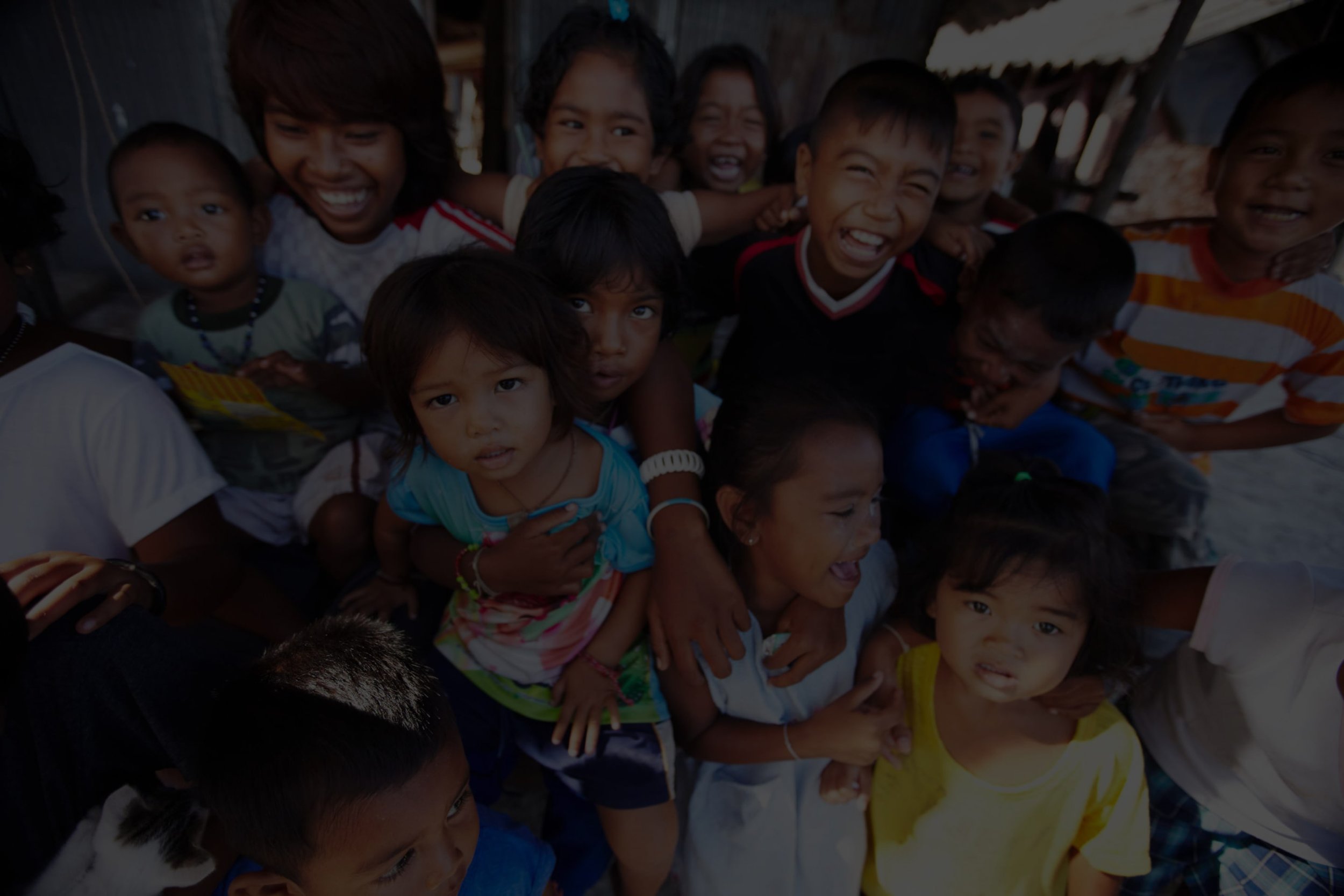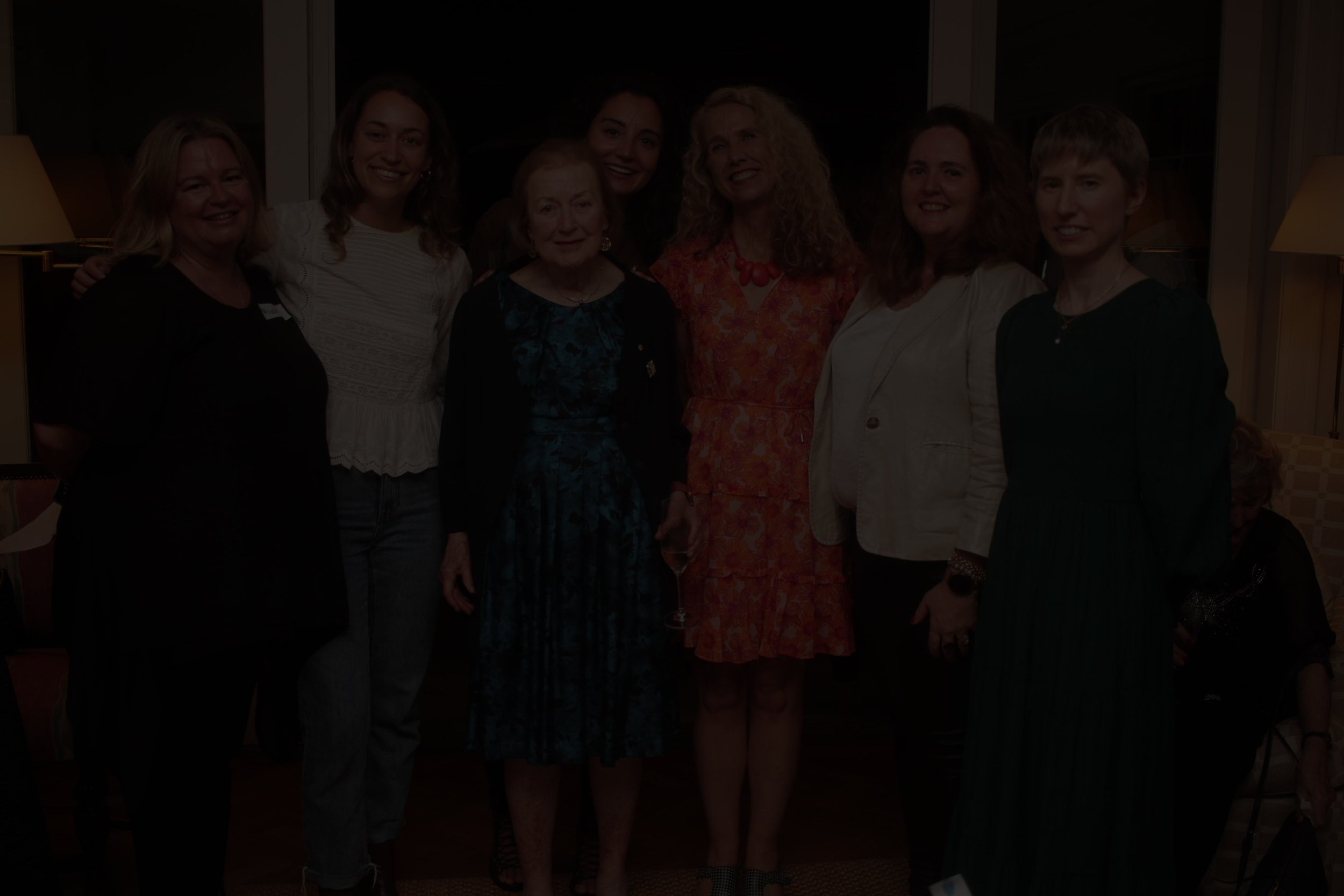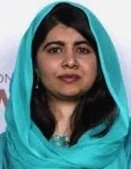
Our Mission
Women’s Plans Foundation is a charitable trust raising funds for family planning as an integral part of overseas aid programs. Family planning reduces maternal and child mortality and empowers women and families. WPF’s unique contribution is to ensure that family planning is an embodied part of health programs, mainstreaming contraception.
The Crisis of Unmet Family Planning Needs
Access to contraception and family planning empowers individuals and communities, fostering positive outcomes such as planned pregnancies and education.
257 Million
women estimated globally who want to avoid pregnancy are not using safe, modern methods of contraception. (Source: UNFPA State of the World Population, 2022)
21 Million
adolescent girls (15-19) fall pregnant each year. 12 million give birth. (Source: World Family Planning, 2022)
Our Vision
For all women and girls in developing countries in the Asia Pacific region to have the right to choose, and have access to modern contraception and family planning.
Our Mission Statement
To raise funds for family planning as an integral part of overseas aid programs whilst simultaneously advocating for family planning and contraception to be mainstreamed in overseas aid programs
Our Purpose
To improve women’s and girls’ sexual, reproductive and maternal health and infant health through family planning, as a means to:
Improve women's and girls’ educational opportunities;
Improve women's and girls’ economic independence;
Support environmental sustainability, and;
Promote gender equality
Our Impact
We believe in the power of grants to empower change. See how our grants have improved lives across the Asia Pacific.
$1+ Million in Grants
Provided since 2004
8 Countries Reached
Including Cambodia, Lao PDR, Papua New Guinea, Vietnam, Myanmar, Timor Leste, Fiji and Solomon Islands.
9 Organisations Supported

Help us transform lives
Even a small donation can substantially boost health and educational outcomes for girls and women in the Asia Pacific region.
Family planning has cascading benefits
Better Health Outcomes
Better Educational Outcomes
Better Economic Outcomes & Reduced Poverty
Adaptability in the face of Natural Disasters
and Climate Change
The most fundamental way we can give is to share our ability to plan, and to live within our planet. Population levels should be decided by women’s choice, not by disaster. In Southeast Asia, an area of rapid growth, there is, naturally, a high population of young people, many culturally preset to aim for large families.
Women’s Plans Foundation exists to empower women by enabling us to manage our fertility, delighting in the children we are ready for, also finding space for pursuits in education, careers, and joining in the decision-making processes of our world.
Millions of women are now bearing children they struggle to feed, educate and socialise. Childbearing should not be overbearing because of gendered pressures, and the size of the next generation mustn’t overwhelm aid gains made.
Advances in contraception should be accessible everywhere, and we need to share with our neighbours in the Pacific and southeast Asia, actually reducing maternal health costs. Implants and digital information are the next wave in contraception, allowing girls to finish school and women to lead truly productive lives, becoming part of the decision-making process in truly civil societies.
Better Health Outcomes
Access to family planning and contraceptives brings about a wide spectrum of positive health outcomes, key among them being:
Reduced Maternal Mortality
By preventing unintended pregnancies and enabling safe pregnancy spacing, the risk of maternal deaths decreases.
Improved Infant and Child Health
Planned and spaced pregnancies contribute to higher birth weights and lower infant mortality rates.
Improved Mental Health
The empowerment to make informed reproductive choices can enhance mental well-being and reduce anxiety.
Avoidance of Pregnancy-Related Health Complications
Women gain from fewer pregnancy-related health complications and quicker postpartum recovery.
Chronic Health Condition Management
Planning pregnancies allows for better management of chronic conditions (such as diabetes, hypertension & heart diseases), benefiting both mother and baby.
Prevention of HIV/AIDS and STIs
Contraceptives, especially condoms, are vital in the prevention of sexually transmitted infections.
Better Economic Outcomes & Reduced Poverty
Access to family planning and contraception significantly contributes to better economic outcomes and a reduction in poverty through several key pathways:
Increased Workforce Participation
The ability for women to plan and space their pregnancies correlates strongly with increased participation in the workforce. This not only enhances individual family incomes but also stimulates broader economic growth.
Higher Earnings and Economic Independence
Delaying pregnancy allows women more opportunities for education and career advancement, leading to higher earnings. Economic independence is vital for women's empowerment, directly impacting the financial health of families and communities.
Reduced Healthcare Costs
Family planning aids in preventing unintended pregnancies and improving health outcomes for mothers and children, thereby reducing healthcare costs. This reduction allows for more efficient use of healthcare resources and can liberate funds for other essential services.
Social Stability and Reduced Gender Inequality
By empowering women with choices regarding their reproductive health, family planning plays a critical role in reducing gender inequality and promoting social stability, both of which are foundational to economic development.
Reduction in Child and Dependent Poverty
Families able to plan the number and spacing of their children can better allocate resources, ensuring adequate nutrition, healthcare, and education for each child, which in turn can break cycles of poverty.
Entrepreneurship and Innovation
Women who have control over their reproductive decisions are more likely to pursue entrepreneurship and innovation, driving economic development
Economic Growth at the National Level
Effective family planning can lead to a demographic dividend, where the proportion of the working-age population is higher than the non-working-age share of the population, fostering conditions ripe for economic growth.
Better Educational Outcomes
Access to family planning and contraception is a cornerstone in enhancing educational outcomes for girls and young women. By providing young girls with the means to prevent unintended pregnancies, we pave the way for more girls to stay in school and achieve their educational aspirations. Here’s how family planning contributes to better educational outcomes:
Enhancing Empowerment, Autonomy, and Motivation
When a girl has control over her reproductive rights, she is more likely to achieve her educational and career goals.
Healthier Educational Environments
Promoting and supporting access to reproductive health services within educational settings fosters healthier, more inclusive environments.
Improving Academic Performance
Contraception and family planning provides security and stability, meaning, girls are less likely to experience the educational disruptions caused by unintended pregnancies. This stability is crucial for maintaining focus on academic pursuits and achieving higher academic performance.
Increased Educational Opportunities
Family planning empowers girls and young women to make informed decisions about their futures, including the timing of childbearing. This autonomy allows them to complete their education and enter the workforce with higher qualifications, opening up a wider array of career opportunities and contributing to their economic independence.
Adaptability in the face of Natural Disasters and Climate Change
Access to family planning and contraception is increasingly recognised as a critical component of resilience and adaptation strategies in the face of natural disasters and climate change.
Reduced Pressure on Resources
Access to family planning helps mitigate the strain on resources like water and food, which are increasingly scarce in climate-change / natural-affected regions. By moderating population growth, communities can better manage and distribute these limited resources.
Enhanced Women's Health and Safety
During disasters, pregnant women and newborns face heightened risks of health complications and violence. Family planning allows them to avoid unintended pregnancies in such turbulent times, safeguarding their health and well-being.
Improved Economic Resilience
By empowering women with choices regarding their reproductive health, family planning plays a critical role in reducing gender inequality and promoting social stability, both of which are foundational to economic development.
Better Outcomes for Children
By empowering women with choices regarding their reproductive health, family planning plays a critical role in reducing gender inequality and promoting social stability, both of which are foundational to economic development.
Strengthened Community Resilience
By empowering women with choices regarding their reproductive health, family planning plays a critical role in reducing gender inequality and promoting social stability, both of which are foundational to economic development.















































